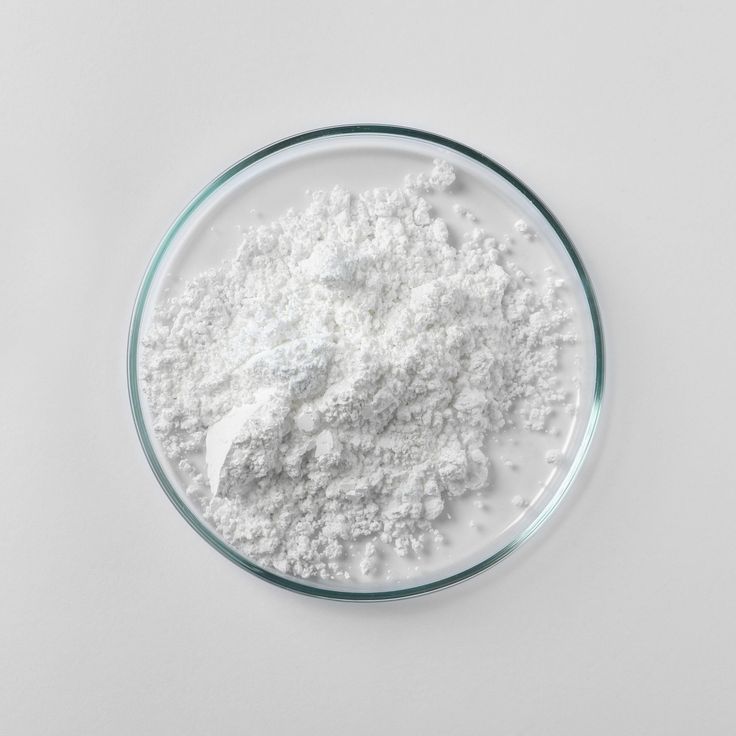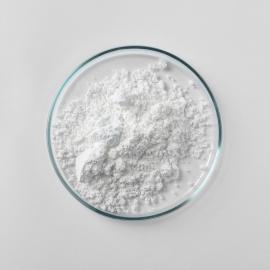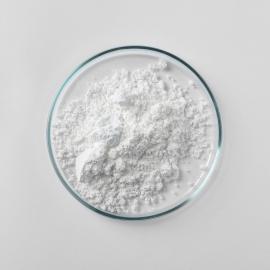In the silicone release agent industry, the way a coating performs depends on how effectively it interacts with the mold surface and how cleanly the final release occurs. Whether the application involves rubber, plastics, metal, or composite materials, formulators aim to create a durable, uniform film that ensures easy demolding and protects the mold surface from wear and corrosion.
Traditional mold release systems based on pure silicone resin powders often suffer from poor dispersion, complex processing, and inconsistent coating quality. To overcome these issues, many manufacturers are now turning to liquid silicone resin compounds — pre-dispersed liquid formulations that integrate seamlessly into production.
Let's view these aspects of introducing silicone mold release:
- What is the role of silicone resin in release applications?
- What are the limitations of pure silicone resin powders?
- What are liquid silicone resin compounds?
- What are the advantages of liquid silicone resin compounds?
- What are silicone mold release industrial application?
- Why Liquid Systems Outperform Powders?
- How to Choose the Right Silicone Resin Supplier?
1. What is the role of silicone resin in release applications?
A silicone release agent forms a protective layer over the mold, reducing surface energy and preventing material transfer. This thin silicone film makes it possible to separate molded parts smoothly without residue or surface damage.
The silicone resin within the formula provides key release properties such as heat resistance, chemical stability, and durability under pressure. Its unique molecular structure forms a continuous coating that maintains flexibility during thermal cycling and production stress.
In every application, the effectiveness of release agents depends on how the silicone film bonds with the mold, spreads evenly, and resists degradation over time. The higher the film integrity, the cleaner the release and the longer the service life of the mold.
XJY-RA/XJY-RAN MQ Silicone Resin is a polymerization of tetrafunctional silicon (Q) and monofunctional methyl silicon (M) in the field of silicone high-temperature, semi-permanent, and permanent mold release agents. Silicone mold release agents are specially formulated to be resistant to high and low temperatures, have low surface tension, and are non-corrosive to metals. Adding silicone resin (5-15%) can significantly improve the strength of the silicone oil film, in the field of high-temperature casting and other areas of good application.

2. What are the limitations of pure silicone resin powders?
Pure silicone resin powders have been used for decades, but they often fall short of modern industrial needs. Their limited solubility and poor dispersion create challenges during release agent formulation.
To dissolve resin powder, high temperatures and strong solvents are typically required, adding extra cost and process complexity. Even then, undissolved particles can remain, causing uneven film thickness and poor release consistency on the mold.
Handling solid powders also generates dust and agglomerates that can clog equipment and reduce efficiency. In addition, powder-based coatings tend to form brittle layers that may crack, reducing mold protection and shortening product life.


Finally, pure resins exhibit limited compatibility with silicone oils, catalysts, and crosslinkers, which restricts flexibility when developing new products for diverse applications. These limitations make them less suited for industries where precision and reliability are essential.
3. What are liquid silicone resin compounds?
A liquid silicone resin compound is a pre-dispersed blend where silicone resin is fully dissolved or stably suspended in a liquid carrier. It maintains all the functional properties of traditional silicone resin — such as thermal endurance, low surface energy, and excellent release efficiency — while being far easier to process and integrate into production systems.
In this form, the silicone component is already optimized for application. Manufacturers can apply it directly into release formulations without preheating or pre-mixing, reducing time and ensuring uniform distribution.
Liquid silicone resin compounds are now widely used across mold release operations, high-temperature molds, and plastics processing, providing a consistent balance of performance and convenience for modern manufacturing.

4. What are the advantages of liquid silicone resin compounds?
The benefits of liquid silicone resin compounds are clear from both technical and economic perspectives.
First, they are completely ready to use, saving time and eliminating unnecessary dispersion steps. Manufacturers can apply them directly, reducing production variability and improving overall release reliability.
Second, their uniform structure ensures consistent dispersion and long-term stability. This makes them ideal for high-speed molding environments where even film coverage and repeatable performance are critical.
Third, they exhibit excellent film-forming ability. The silicone film that forms on the mold surface is smooth, flexible, and highly resistant to peeling or cracking. This directly enhances release quality and improves the finish of the final molded parts.
Fourth, liquid resins offer exceptional compatibility. They blend seamlessly with silicone oils, hybrid binders, and crosslinking additives, allowing for versatile release agent formulations that can serve different items and materials.
Finally, liquid systems provide environmental and operational advantages. Many are formulated with low-VOC solvents, are moisture-resistant, and prevent corrosion and surface damage to the mold. They also extend equipment lifespan and improve workplace safety — a growing concern in the silicone industry.

5. What are silicone mold release industrial application?
The versatility of liquid silicone resin compounds makes them suitable for a broad range of industrial applications. They are widely used in silicone mold release coatings, die-casting lubricants, rubber demolding, composite molding, and plastics processing.
For metal molds, these resins provide heat-stable protection, preventing oxidation and ensuring smooth separation. For rubber and plastics, they enhance release smoothness and minimize sticking or residue. In electronic encapsulation and polyurethane molding, they maintain surface clarity and uniformity across all materials involved.
Their adaptability allows manufacturers to produce multiple items using the same silicone resin base — making formulation and quality control far simpler while ensuring consistent, professional-grade results.
6. Why Liquid Systems Outperform Powders?
The real advantage of liquid silicone resin lies in its usability and performance.
Powder-based systems require heating, filtration, and mechanical stirring before use. They can result in non-uniform coatings that affect both release quality and mold durability. Over time, residue buildup or film fracture can cause premature wear, affecting surface gloss and part accuracy.
In contrast, liquid silicone resin compounds provide an instantly usable, stable system. They create smooth, transparent films that adhere evenly to the mold, ensuring clean release for every cycle. The improved coating consistency enhances production efficiency, reduces waste, and maintains better quality in the final product.
By simplifying processing, liquid systems reduce downtime and increase throughput — critical advantages for manufacturers handling multiple molds and varying materials across large-scale production lines.
7. How to Choose the Right Silicone Resin Supplier?
For any release agent manufacturer, partnering with a specialized silicone resin supplier is key to achieving consistent results. A good partner understands technical challenges, offers tailored material solutions, and provides reliable logistics and technical support.
At XJY Silicone, we specialize in liquid silicone resin compounds designed for industrial release and coating applications. Our high-performance resins are formulated for strong adhesion, superior film formation, and thermal stability. We offer custom viscosity and solid content options to match different process needs, along with formulation assistance to help you optimize your product.
XJY Silicones is one of the leading silicone MQ resin and VMQ silicone manufacturers in China, with more than 30 years of R&D and manufacturing experience in the silicone industry, as well as more than 15 related patents and technical support. Our silicone raw material products can meet the needs of the silicone mold release field and support the provision of diversified customized solutions.


